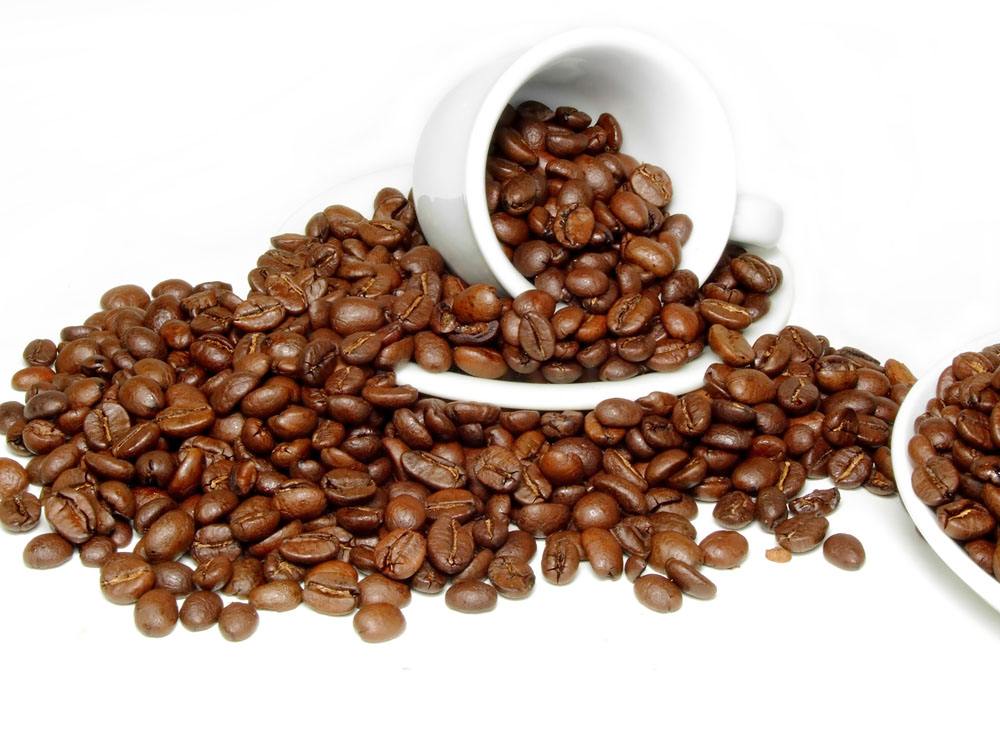The historical origin of Ugandan coffee and the description of Ugandan coffee flavor
Follow the caf é (Wechat official account vdailycom) and found that Beautiful Cafe opened a small shop of its own.
The Historical Origin of Ugandan Coffee
Java, which belongs to Indonesia, is the fourth largest island in the country, and the capital Jakarta is located on the northwest coast of Java. In addition, java is the name of a computer language, and because Java is rich in the famous Java coffee, the computer language takes Java as its name and the steaming Java coffee as its icon.
Java coffee beans are famous for their early Java coffee, which refers to Arabica coffee formerly grown on the island of Java. It has a strong aroma, low acidity, taste lubrication, mixed with mocha coffee, the resulting "Java mocha mixed coffee" was once popular and became synonymous with top coffee.

At that time, Java coffee sold to Europe was a very special kind of coffee. At that time, it was shipped to Europe and the United States by sailboat, and the distance was long and the speed was slow, so it took a lot of time to transport. In this case, the coffee seems to have undergone a special fermentation and has a very unique taste.
Later, when the ship replaced the sailboat, due to the shortened delivery time, people drank relatively fresh coffee beans. But people who are used to drinking Chen beans are not used to the fresh taste, so they desperately pursue old Java coffee, so that the Indonesian government and some businessmen deliberately store fresh beans in warehouses for one or two years and then sell them to consumers. In fact, compared with fresh beans, the acidity of aged Java beans is close to zero, but the flavor is more intense. Because of the long storage time, the increase in cost and the limited quantity, Java has always been a hot item in the coffee market. In the 1880s, 0 merchants deliberately tampered with some fresh Guatemalan or Venezuelan beans to imitate aged Java for high prices. It is intolerable that 0 merchants dye coffee beans to make them look more like old Java, but there is no doubt that the dyed chemicals are certainly toxic.
Java produces only a small amount of Arabica beans, most of which were imported from Africa after the rust disaster. This coffee has a strong bitter taste after roasting, but the aroma is extremely light. Although the acidity is low and the taste is delicate, it is rarely used for direct drinking. It is often used to mix mixed coffee or to make instant coffee.
Description of the flavor of Ugandan coffee
Ugandan coffee beans have a unique flavor of delicate taste, which is very suitable for making Italian and other flavors of coffee. More importantly, Ugandan coffee beans are strictly screened according to the standards of the international market to ensure their high quality and pollution-free characteristics.
Africa is the hometown of the two major varieties of coffee, Arabica and Robusta, while Uganda, which is located in eastern Africa, which is known as "plateau water hometown" and "Pearl of East Africa", is believed by many to be the birthplace of Robusta.
Uganda is one of the few countries in the world that can grow both Arabica and Robusta, with an environment and climate suitable for coffee growth. Uganda is located between 9-2000 meters above sea level, with an annual temperature of 15 ℃-28 ℃.
Ugandan coffee beans have a unique flavor of delicate taste, which is very suitable for making Italian and other flavors of coffee. More importantly, Ugandan coffee beans are strictly screened according to the standards of the international market to ensure their high quality and pollution-free characteristics.
Important Notice :
前街咖啡 FrontStreet Coffee has moved to new addredd:
FrontStreet Coffee Address: 315,Donghua East Road,GuangZhou
Tel:020 38364473
- Prev

Introduction to the history of rich manors in Ecuadorian coffee producing areas the taste and flavor characteristics of Ecuadorian coffee beans
Following caf é (Wechat official account vdailycom) found that Arabica Coffee Tree, which opened a small shop of its own, was first introduced to Ecuador in 1952, and its coffee was of good quality, especially the coffee harvested in early June. Ecuadorian coffee beans can be divided into Galapago
- Next

The risks of crazy drinking bulletproof coffee to lose weight should not be known.
Professional barista communication please follow the coffee workshop (Wechat official account cafe_style) ▲ crazy drinking bulletproof coffee to lose weight, some risks can not be ignored. (photo / photo taken from Pixabay) to lose weight by drinking the most bulletproof coffee at home and abroad, you have to be aware of some risks! The dietitian reminds that this bulletproof coffee with a formula of coffee + cream + coconut oil is actually a ketogenic diet.
Related
- Detailed explanation of Jadeite planting Land in Panamanian Jadeite Manor introduction to the grading system of Jadeite competitive bidding, Red bid, Green bid and Rose Summer
- Story of Coffee planting in Brenka region of Costa Rica Stonehenge Manor anaerobic heavy honey treatment of flavor mouth
- What's on the barrel of Blue Mountain Coffee beans?
- Can American coffee also pull flowers? How to use hot American style to pull out a good-looking pattern?
- Can you make a cold extract with coffee beans? What is the right proportion for cold-extracted coffee formula?
- Indonesian PWN Gold Mandrine Coffee Origin Features Flavor How to Chong? Mandolin coffee is American.
- A brief introduction to the flavor characteristics of Brazilian yellow bourbon coffee beans
- What is the effect of different water quality on the flavor of cold-extracted coffee? What kind of water is best for brewing coffee?
- Why do you think of Rose Summer whenever you mention Panamanian coffee?
- Introduction to the characteristics of authentic blue mountain coffee bean producing areas? What is the CIB Coffee Authority in Jamaica?

